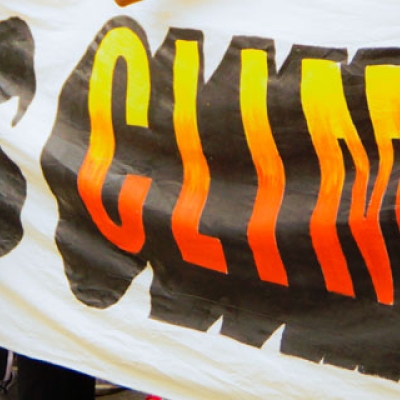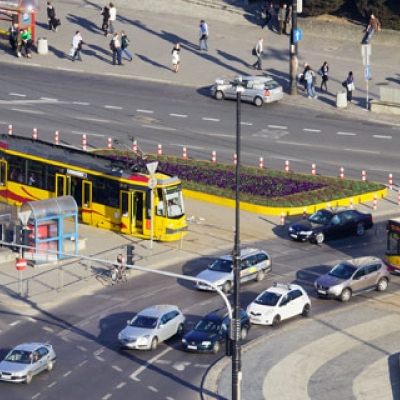
Grady Gammage
Grady Gammage, Jr. is a Senior Sustainability Scholar at Arizona State University’s Julie Ann Wrigley Global Institute of Sustainability and Senior Fellow at ASU’s Morrison Institute of Public Policy. He also teaches at the Sandra Day O’Connor College of Law and at the W.P. Carey School of Business at ASU. Gammage is also a practicing lawyer, a real estate developer, and a former elected official.




